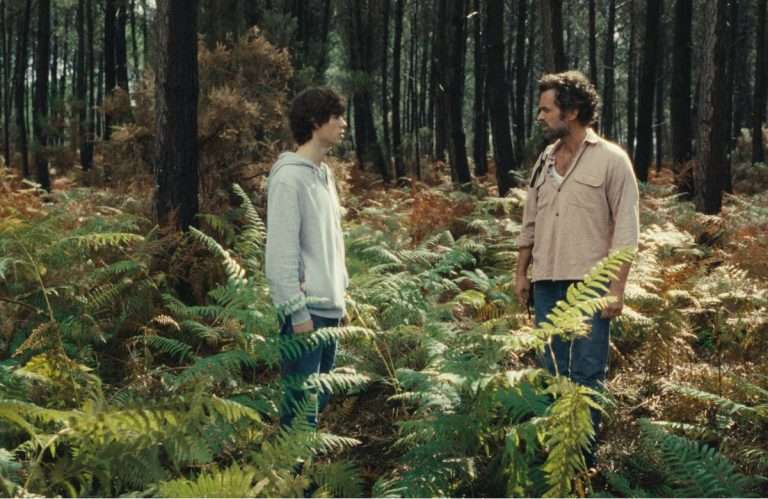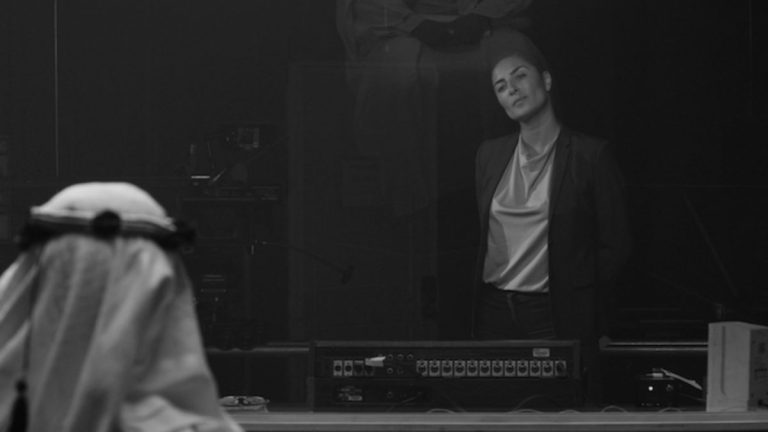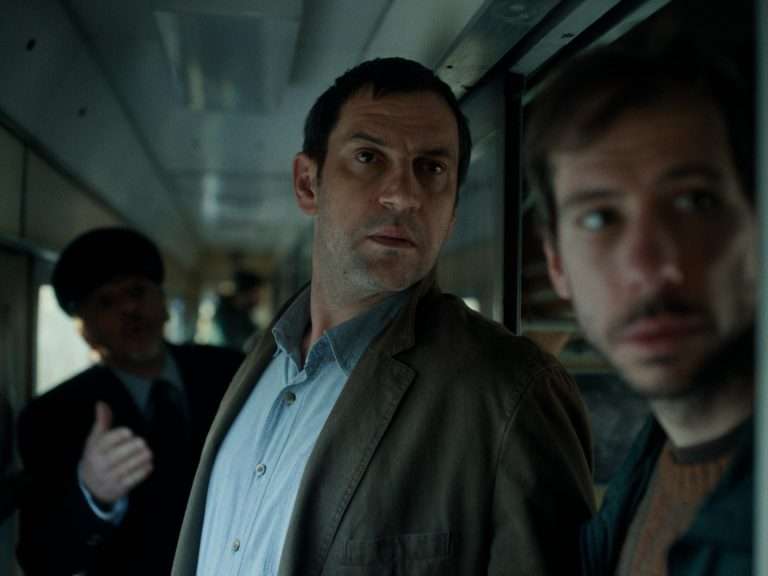Igor Bezinović’s “Fiume O Morte!” takes a sweeping, witty look at a nugget-shaped chapter in his hometown Rijeka’s history. The Croatian city changed a whole array of rulers in the twentieth century, its intricacies too shapeshifting to be clearly defined in the memories or awareness of its current citizens. The film delivers a jolt of reckoning through this haze of not being fully tuned into one’s past.
Bezinović revisits the years in the wake of the First World War when the city was known as Fiume. Specifically, he fixates on the roughly eighteen-month-long fascist occupation of the city by the Italian poet, Gabriele D’Annunzio, who took over it between the end of 1919 and the start of 1921. How do you summon history without collapsing to pedantic impulses? “Fiume O Morte!” offers a rich, playful proposition, its interweaving of facts and speculation never dull or ponderously didactic. Crucially, Bezinović dwells to a great degree on the figure’s afterlife, his varying reception among the city’s residents who are not the homogenized Italian concentrate D’Annunzio sought to favor and proliferate. In his book, the Slavs or the Croats weren’t deemed worthy of Fiume. He was determined to push them out.
In resistance to staid historical narratives, what emerges is a vivid, challenging, and shifting portrait of a city. Exclusionary impositions in the past drift phantom-like through the complex, central meditation. Every stakeholder in the city gets their voice reaffirmed. It is like the repossession of a collective past that might not have been addressed with due nuance and interrogative rigor.
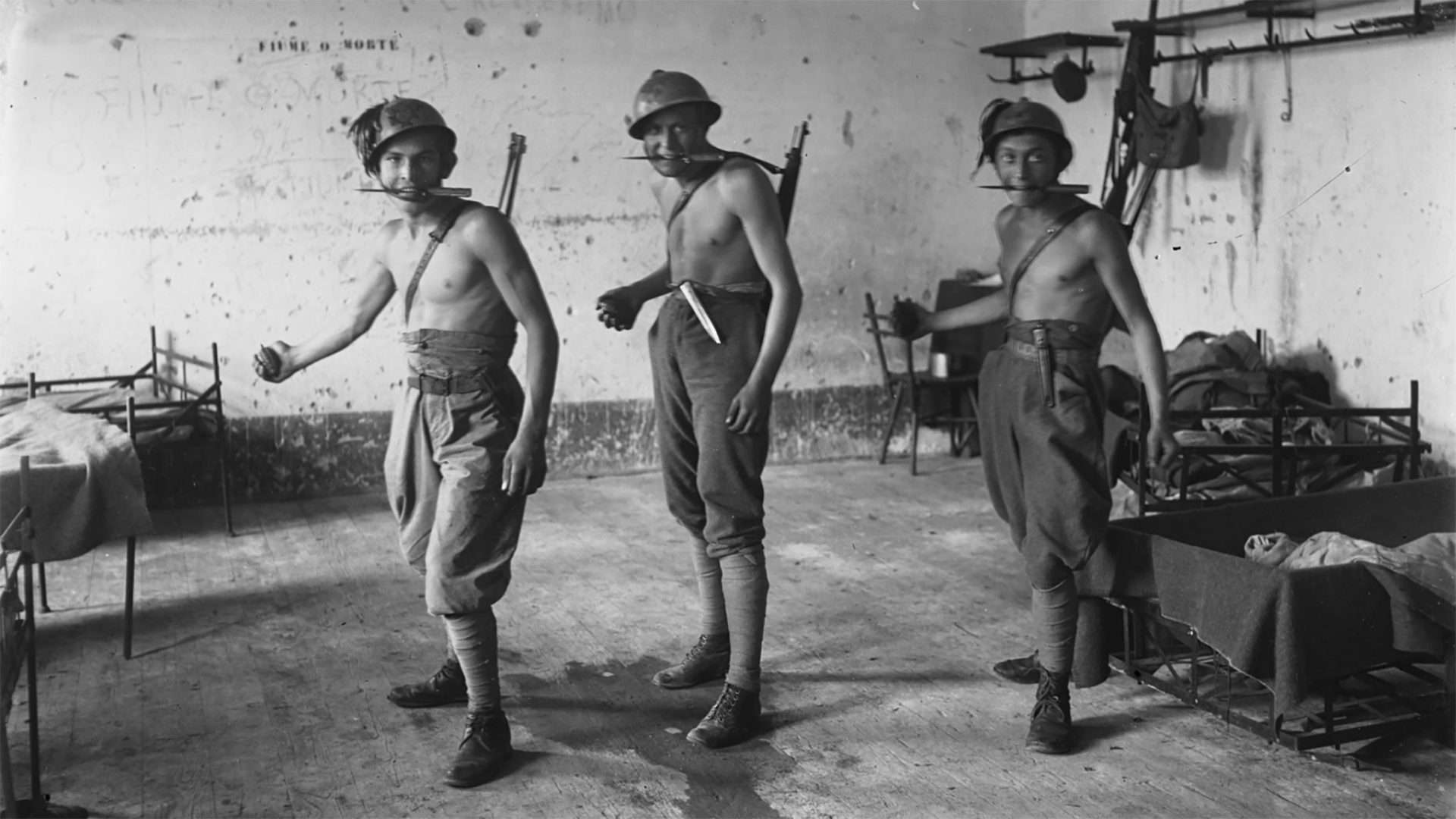
Self-reflexive role-play infuses the film with cheeky vitality, thrusting dynamism. Positions are constantly destabilized. No single actor plays the fascist poet throughout. The narrator too changes. The emphasis in the film stays on the tide of change, a knowing movement through time and drive from ignorance to firm affirmation. When the film opens, the director wanders the city tapping random passers-by if they are aware of D’Annunzio. There’s a cloud of unfamiliarity but largely perceptions of him are fixed: a poet who was a fascist. Revulsion in the voices of many hits immediately. Few seek to instantly distance themselves but curiosity also persists.
The film is borne of enlisting regular people to narrate and re-stage the brief, amusing tale of Rijeka’s occupation by D’Annunzio. The poet had signed up for army service during the First World War while he was in his fifties. That he became quite a war hero might have something to do with his pig-headedness in exerting his rule on Fiume, irrespective of Italy’s own forbidding.
Today, Fiumano, the local dialect, is no longer spoken by those in Rijeka. It is 1907 when the poet visits Fiume for the first time on the invitation of a theatre production. Bezinović naturally dips into a trove of archival photographs but he also makes his motley cast, drawn from the locals, re-stage them down to exactitudes of pose. They enact moments and scenes from the poet’s journey to the city, and his eventual short-lived stay in the places he moved through, even though a tavern might now be a café.
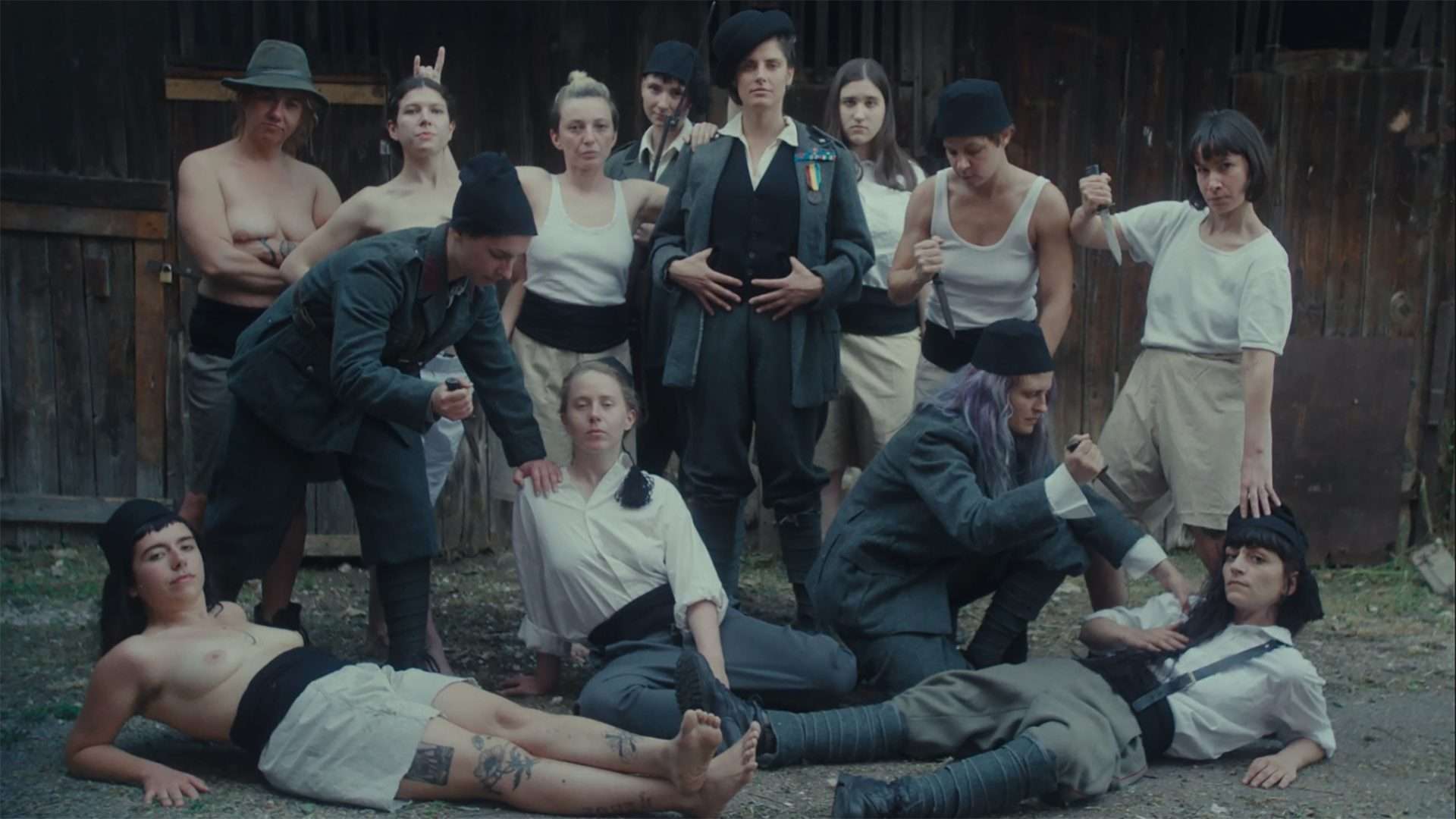
Fiume O Morte! is a teeming, lively work. It adjures sedate litanies, opting instead for something more fluid, its critical look back dipped in unsparing derision. D’Annunzio’s ultra-nationalist leanings are poked at with equal parts abandon and incisive depth. His flailing desperation to wrest the city under the Italian statehood comes off as cartoonish. Moreover, he was deluded enough to even dangle a plebiscite to the residents of Fiume, where public disfavor against his occupation naturally registered itself with castigating quickness.
Of course, he had to annul it and tighten the claws of his army. A series of repressive measures was enforced. Any dissenting media was crushed, and assemblies imagined to rouse reactionary sentiment clamped down on. Such a wretched final bid to assert control can only end in doom. Even the Italian government chose to recede from any association with him.
Fiume O Morte! does resort to a chronological overview of the occupation that lasted just over a year. None of this feels bland, since it is laid out with complete irreverence. Bezinović doesn’t miss to underline differences in perspective and projection. For the Italians, the poet remains a patriot of the highest laudation. Nevertheless, he’s nothing but a fascist in the view of Croatians who had directly been threatened under his watch. Fiume O Morte! is boisterous, unabashedly humorous, and scathing, the certitude in its stance unmistakable.



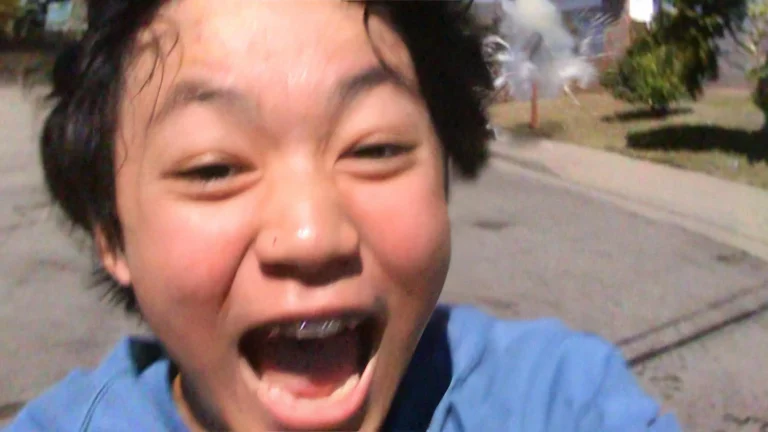
![The Club [2015]: The Spiritual Punishment “JIO MAMI Mumbai Film Festival Review”](https://79468c92.delivery.rocketcdn.me/wp-content/uploads/2015/11/3_Club1.jpg)
